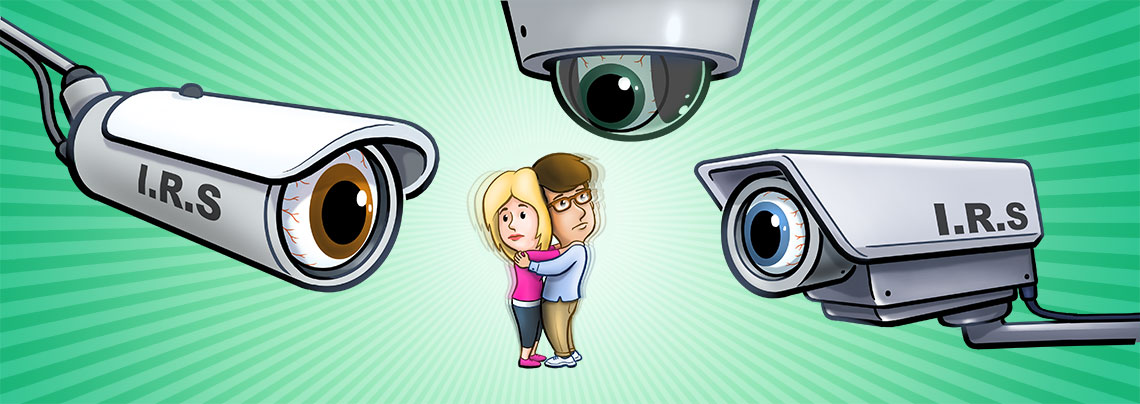Chapter 7
Chapter 13
Testimonials

“Jon Long was extremely helpful and patient walking me through the extensive process of filing for bankruptcy. I would definitely recommend Jon and his staff. They are very knowledgeable as well as kind. They think of how stressful this can be and thinks about the client.”
-Ms. S

“I thought this process was going to be long and difficult it was very easy. They are very efficient with my questions. Answered in a reasonable time. I highly recommend this Law Firm for your bankruptcy needs.”
-Ms. R
Bankruptcy for Small Businesses
If your business fails, Chapter 7 bankruptcy is an option.

If you are facing a failing business Chapter 7 bankruptcy may be a solution. The first step to deciding is to examine the type of business you have. Is it a sole proprietorship, a partnership, a limited liability company, or a corporation? The type of business will influence how you should proceed.
If your business is a sole proprietorship or partnership, the business is really just an extension of you. You are liable for all debts of the business. In this case the business doesn’t need bankruptcy but you may need a personal bankruptcy. You can simply close the business and deal with the personal debts that remain.
If on the other hand your business is a limited liability company or corporation, the debts of the business are not automatically the debts of the owner. In this situation an examination of the businesses assets and debts can help determine the best path to closing the business. If the business has assets, Chapter 7 bankruptcy for the business may be appropriate where the owner wants to have someone else handle the liquidation of assets and the distribution of assets to creditors.
With a limited liability company or corporation step is to determine if any of the businesses debts will become the responsibility of the owner. This can happen when the owner signs a personal guarantee with the creditor. If the debts become the responsibility of the owner, the may need a personal bankruptcy.
There is no discharge for a business when filing chapter 7. When a business files bankruptcy, the business ends, the assets are liquidated, as much of the debt as possible is paid, and the remaining debt becomes no collectable from the business.
Small Business Filing for Chapter 7 Bankruptcy in Nashville
The process of Chapter 7 Bankruptcy for a business can take approximately 4-6 months’ time. First a business must complete the appropriate forms, including a petition for the bankruptcy, along with a description of property, income, expenses, and debts. The process of preparing and filing the case, and receiving protection, usually takes 1-2 weeks but can be completed in a day where needed.
Once the case is filed, the business is officially protected by the bankruptcy court, which issues an “automatic stay,” which restrains creditors and collection agencies from contacting you for money during the bankruptcy period. Also during this time, nothing can be sold or given away without permission from the bankruptcy court.
What Happens Next?
Once you are in your Chapter 7 bankruptcy, a trustee will be appointed to your case by the court, and will hold a meeting to discuss your assets with you and your creditors. Your business’ assets will then be liquidated, with proceeds divided up among the creditors. Again it is important to note that nothing can be sold or given away without consent from the court.
Contact Bankruptcy Attorneys Long, Burnett, & Johnson, PLLC
If your business is facing seemingly endless debt, you need to get in touch with us at Long, Burnett, & Johnson, PLLC to discuss your options. Our Nashville small business bankruptcy attorneys are experienced in dealing with the most extreme cases of bankruptcy and are fully prepared to help your business get out of the hole as quickly and efficiently as possible.